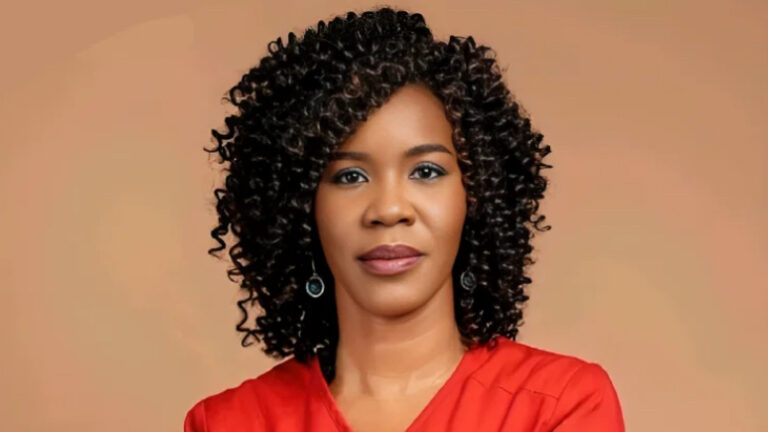Miriam Mutebi shared a post on LinkedIn:
“Today is World Cancer Research Day.
The rising cancer rates in Africa present a significant public health crisis, with over 1.1 million new cancer cases reported annually & 700,000 deaths each year. There is a growing need to build resilient, African-led research ecosystems that respond to our unique challenges.
Cancer research in Africa is also significantly underfunded compared to communicable diseases like HIV/AIDS, malaria, and tuberculosis.
A 2022 bibliometric analysis found that cancer research comprises, less than 2% of scientific publications in Africa and receives less than 0.1% of global research funding (full report)
This disparity prevents healthcare providers in Africa from accessing data & tools needed for effective & tailored cancer control strategies. Localized research is essential for developing evidence-based care models that enhance patient outcomes & strengthen health system resilience.
Nonetheless, there has been notable progress.
AORTIC- Africa, with partners like the American Society of Clinical Oncology (ASCO), the American Association for Cancer Research (AACR), the National Cancer Institute (NCI), and local & regional universities, to name a few, has convened stakeholders, trained cancer researchers, and developed research networks to tackle key cancer challenges. While these initiatives are crucial, sustained and targeted investment is necessary.
➡ Clinical Trials: A Missed Opportunity.
Clinical trials offer the potential to test new treatments and improve existing therapies, giving patients access to cutting-edge care that might otherwise be unavailable. However, Africa accounts for less than 5% of global clinical trial activity, with most trials conducted in Western countries.
➡ Way Forward?
4 words: National Cancer Control Plans (NCCPs).
African governments must prioritize cancer research by establishing national cancer institutes to oversee research, maintain cancer registries & lead data collection. Treating cancer research as an economic driver can create jobs, attract funding, & improve patient care, accelerating the development of robust research infrastructures.
AORTIC urges targeted investment to align funding for cancer & non-communicable diseases (NCDs) with that of communicable diseases. African institutions must lead the national cancer research agenda to ensure efforts are tailored to the needs of African patients.
We invite governments, global health organizations, research institutes & private sector partners to collaborate in advancing cancer research across Africa.
➡To explore partnership opportunities, contact us at info@aortic-africa.org or visit.”
Source: Miriam Mutebi/LinkedIn
Miriam Mutebi is a Breast Surgical Oncologist and Assistant Professor in the Department of Surgery at the Aga Khan University Hospital in Nairobi, Kenya. She is the President of the African Organization for Research and Training in Cancer (AORTIC), and past president for Kenya Society of Hematology and Oncology (KESHO) and on the Board of Directors of the Union for International Cancer Control (UICC). She is the co-founder of the Pan African Women’s Association of Surgeons and is part of the Kenya Association of Women Surgeons. She is an avid supporter for the education and support for women, especially in surgery and she aims to provide mentorship for women in surgery and to improve women’s health and surgical care in Africa. She is currently pursuing a pilot’s license in order to extend breast care services to marginalized areas.



